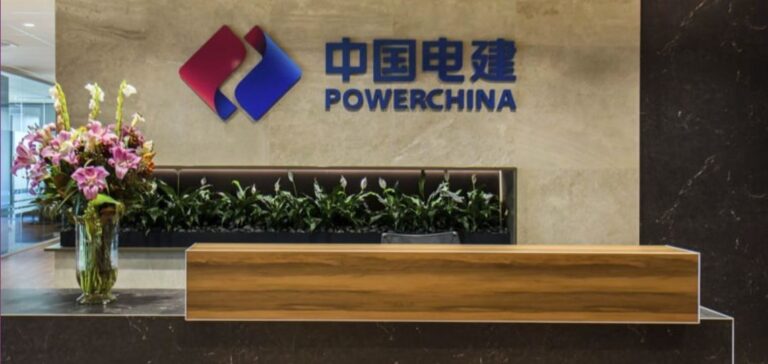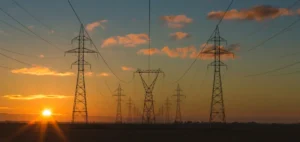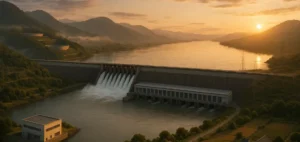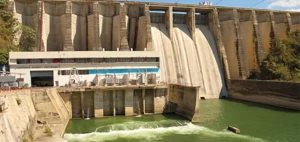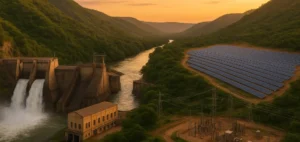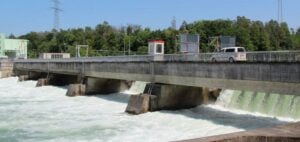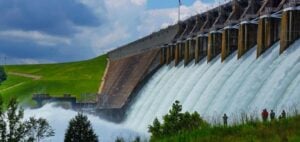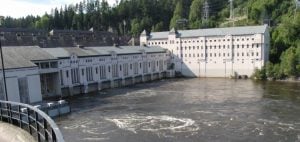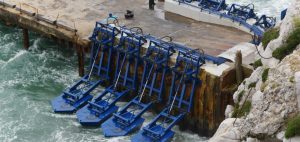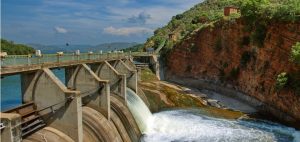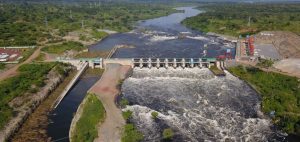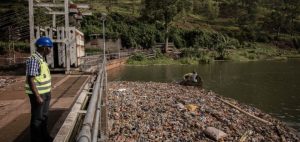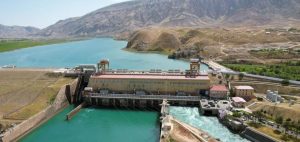PowerChina is expanding its international business in Africa by implementing various large-scale infrastructure projects.
Impact studies
PowerChina is expanding in several countries in the southeast of the African continent. Indeed, the company seeks to contribute to the economic development ofAfrica. Thus it aims to improve the livelihoods of local people.
The Karuma hydroelectric plant is the largest of its kind under construction in Uganda. PowerChina says the facility makes full use of the water resources of the upper Nile River. Thus, the project will give a strong impetus to the economic development of the country, once completed.
Before starting the project, PowerChina was conducting eight impact studies. Indeed, the company, supported by experts, evaluates the local biological environment. Thus, following the completion of these studies, the partners decided to bury the generator.
The transformer and other equipment will be located in an underground space. In addition, during the construction process, all work will be done in a manner that preserves vegetation. Thus, the project is committed to coexisting peacefully with local wildlife.
Local adaptations
In Zimbabwe, PowerChina conducts a series of systematic surveys of the local population. These series of investigations take place before the construction of the Hwange power plant. It is the largest facility of its kind ever built in the country.
To avoid conflicts due to misunderstandings, all Chinese employees had to undergo cultural competency training. The objective is to respect local customs. In addition, Chinese management concepts and systems are transparent to Zimbabwean employees.
In the Andekaleka power plant project in Madagascar, PowerChina is seeking to overcome cultural differences. The plant is expected to meet 50% of the electricity demand of the country’s capital, Antananarivo. In addition, the plant will be operational by the end of 2022.
PowerChina seeks to proactively engage with the many diverse cultures of the world. The company seeks to interact as best as possible with different cultures and social groups. The objective is to inject sustainable vitality into their international activities and achieve joint development with all customers.

